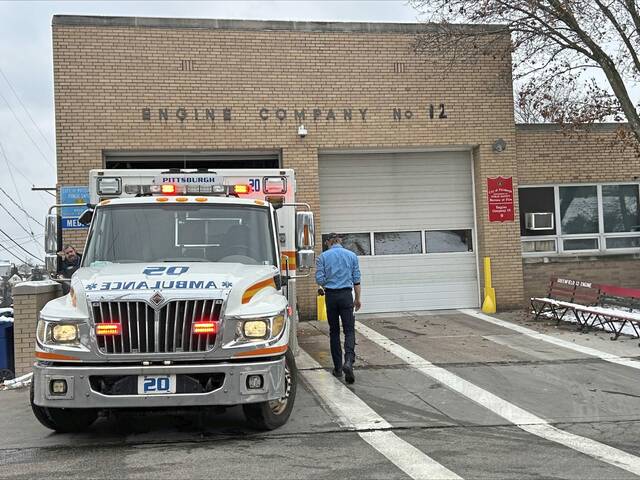Do you know what a constable is and exactly where the position falls in the tangle of law enforcement and court duties in Pennsylvania?
No? You aren’t alone.
The position is something of a relic — a leftover from a time before police departments, when sheriffs could be far removed from the communities of a county. It can be a kind of catch-all officer of the court in a neighborhood capacity. Part warrant server, part collection agent, part security guard on Election Day.
But if you have never encountered a constable, it could be because of that antiquated aspect.
The job is elected, but many ballots in Pennsylvania don’t have anyone vying for the position. It doesn’t have a guaranteed payday and relies by statute on piecemeal compensation for work done. Execute a warrant, get $25. Arrest someone, get $5. Go to court, get $13.
Most of those jobs are done by police officers or sheriff’s deputies today, leaving little to do for many constables and making the position a kind of vestigial tail of a prior day. There are still about 1,200 constables in Pennsylvania. But that means more than half of the state’s municipalities don’t utilize the position anymore.
It also can mean that when one pops up, a municipality isn’t sure what to do with it.
Take Leechburg and Corey McIntyre — who took the job not by election but by a second provision in state law. If someone can get at least 10 people from a municipality to sign a petition, a judge can appoint that person to fill one of those vacant positions no one sought on Election Day.
McIntyre announced he is going to start doing regular patrols of the borough, saying on social media the area “often lack(s) the coverage we pay taxes for.” This prompted Leechburg council to respond with resolutions that specify they can be enforced only by their zoning officer, code enforcement officer or police department.
That may or may not work. Act 49 of 2009 spells out what a constable can and can’t do. One of those powers is making arrests in the borough they serve in circumstances including violations of “any ordinance of the borough for which a fine or penalty is imposed.”
The real problem here is not what McIntyre is doing or how Leechburg is responding. It’s that the state has not taken real steps to correct the overlaps and outdatedness of the system.
Constable laws don’t have to be a confusing antique. The 2009 updates did little to resolve anything. Additional attempts in 2014 were not acted upon. Some legislators have tried to fix it or retire it with little support.
The state needs to clarify the system, let it atrophy and die — or rebuild it into something new. This could be the framework to help provide police coverage to small or rural municipalities that can’t afford a department and frequently are threatened with being billed for state police services.








